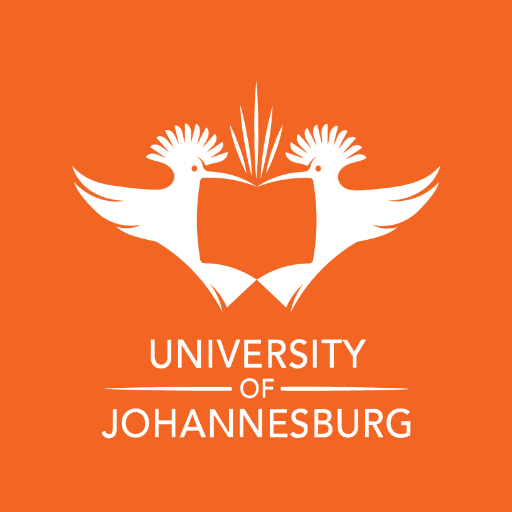Our Portfolios
The unique way in which ACE operates means that we have structured our work into four portfolios: the art and science of using evidence, evidence capacities, evidence communities, and evidence synthesis.
Projects may be owned by any one portfolio and may often draw expertise from any of the other portfolios. This ability to draw in expertise from different team members in any portfolio is one of ACE’s strengths. Added to this, ACE is also able to draw on the expertise from the broader research communities beyond its environment. The purpose of this broad research mission and vision is to open ACE up to the ideas circulating in the private and public sectors where the missions and visions intersect with our own.
THE ART AND SCIENCE OF USING EVIDENCE PORTFOLIO
The objective of the art and science of using evidence-portfolio is to research and review different elements of how best to support evidence-use. These elements include the practical experiences and tacit knowledge of people from across Africa; the research evidence about what interventions work for supporting evidence-use, how, and why; and the contexts in which evidence-making takes place. This portfolio also includes monitoring and evaluating our own activities to ensure ACE’s work itself is evidence-informed. For instance, in 2020, this portfolio undertook four projects, all of which were related to COVID-19 and funded by donors external to the University of Johannesburg. These were: the Living hub of COVID-19 knowledge hubs; Small, Medium and Micro-Enterprise COVID-19 Policy Support Database; COVID-19 government responses: A tracker of trackers; and Evidence-informed-decision-making during COVID-19.During 2020, the evidence capacities team developed various short-learning programmes related to evidence- informed decision-making that would form the modules of a planned MA degree in evidence-informed decision- making. The short-learning programme ‘Practices of evidence-informed decision-making’ was approved within the University of Johannesburg, and exploration of an additional short-learning programme on monitoring and evaluation with a partner organisation was started also.
EVIDENCE CAPACITIES PORTFOLIO
The evidence capacities portfolio is home to all of the postgraduate supervision that ACE team members undertake. The aim of the evidence capacities portfolio is to enhance the capacities of evidence ecosystems (sectoral, national, regional, and Africa-wide) to promote Africa’s transformational development.
The capacities for evidence production, evidence-use, and knowledge brokering are enhanced at three levels: individual, organisational, and systemic/institutional. Building capacities of individuals is mainly through training, mentorship, internships, offering accredited qualifications, and postgraduate supervision. Developing capacities at the organisational level, it is the aim of this portfolio to build relationships with partners to co-produce required evidence. Internally, at the organizational level, ACE supports the professional development of our own team members. Lastly, we support evidence communities at the systematic level to not only learn from one another through working groups, communities of practice, and broader networks, but also to institutionalise evidence-use across systems. All engagements under this portfolio are informed by a theory of change and ACE’s values, to build trusting long-lasting relationships through which we share capacities and learn together.
EVIDENCE COMMUNITIES PORTFOLIO
At ACE, we foster relationships with the Africa Evidence Network (AEN), which is member-driven, as we believe that relationships are central to effective evidence-informed decision-making. Within ACE, we have an entire portfolio of work dedicated to nurturing the relationships within evidence communities to grow the evidence ecosystem in Africa and South Africa. ACE has worked towards fostering collaboration among those engaged in or supporting evidence-informed decision-making; increasing knowledge and understanding of evidence-informed decision-making; sharing capacities across the evidence- informed decision-making ecosystem and ensuring the Africa Evidence Network’s own organisational excellence as a sustainable member-driven organisation. For instance, in addition to the regular advocacy activities of the Network, in 2020, the AEN secretariat conducted research to understand institutional capacity, demand, and opportunity for collaboration amongst EIDM organisations across the continent. The secretariat also hosted the pan-African online event EVIDENCE 2020 ONLINE. The event saw participation from over 400 delegates from across the globe, 80% of which were from Africa. The event was well-received in a year when in-person events were impossible and achieved many of the AEN’s goals of fostering collaborations, further understanding of evidence-informed decision-making, and showcasing Africa’s contribution to the global evidence ecosystem.
EVIDENCE SYNTHESIS PORTFOLIO
The evidence synthesis team at ACE undertakes and supports rigorous and relevant evidence syntheses that are responsive to the needs and contexts of African decision-makers. ACE’s team members in the evidence synthesis portfolio also develop and refine technologies for evidence synthesis production suitable to African contexts. For instance, ACE has a long-standing collaboration with the International initiative for Impact Evaluation (3ie) to co-produce systematic reviews, evidence maps, and rapid responses. In 2020, we collaborated on a systematic review on social cohesion, an evidence gap map on food systems and nutrition, and a systematic review on women as agents of change.
